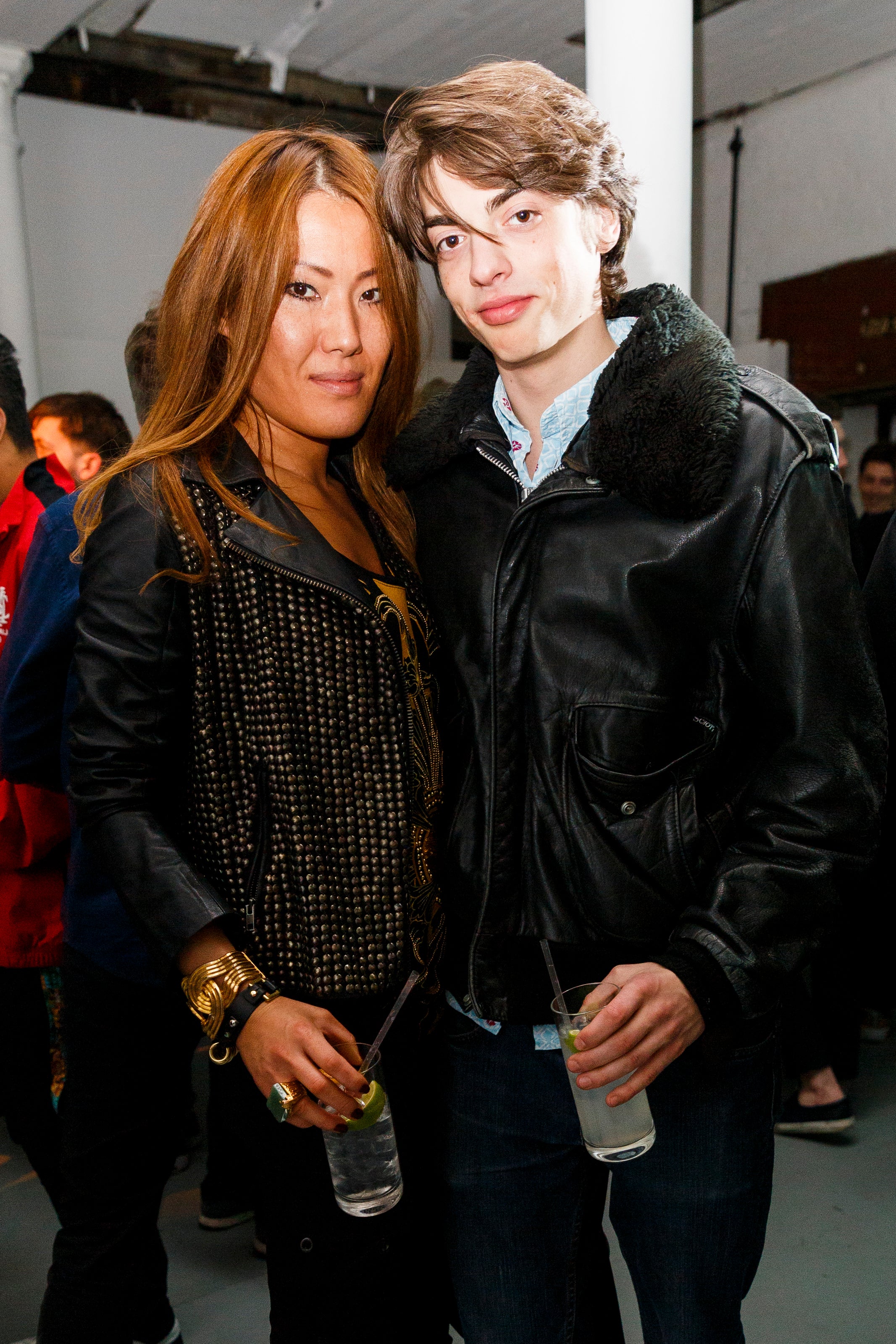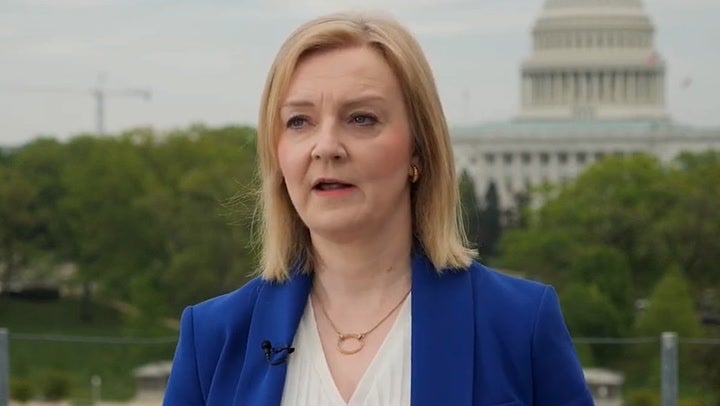Sascha Bailey explains why he gave up plans to change gender
‘I’m just happy to be alive,’ the son of fashion photographer David Bailey said

Your support helps us to tell the story
This election is still a dead heat, according to most polls. In a fight with such wafer-thin margins, we need reporters on the ground talking to the people Trump and Harris are courting. Your support allows us to keep sending journalists to the story.
The Independent is trusted by 27 million Americans from across the entire political spectrum every month. Unlike many other quality news outlets, we choose not to lock you out of our reporting and analysis with paywalls. But quality journalism must still be paid for.
Help us keep bring these critical stories to light. Your support makes all the difference.
Sascha Bailey, the son of fashion photographer David Bailey and model Catherine Dyer, has detailed why he decided not to change genders.
The 29 year old believed himself to be a transgender woman “born in the wrong body” and made plans to transition to become “Sacha” without the “s” while living in Tokyo, Japan.
Bailey was given his first prescription of hormone replacement therapy (HRT) at a gender clinic in Nagoya but chose to remain a man after NHS wait times stalled his treatment back in the UK.
Speaking to The Times, Bailey revealed he’d been signed up for gender reassignment after one meeting at the clinic in Nagoya, which took less than ten minutes.
“I went and saw the surgeon, a psychiatrist popped in and we spoke over one of those translation boxes,” he said. “I had the [oestrogen] patches prescribed and everything.”
Bailey said he experienced a feeling like “dysphoria” in childhood, adding “whether that was gender-based I don’t know.”
The former model, who has walked in fashion shows for labels including Dolce & Gabbana, suffered abuse at the hands of an unnamed older man during his childhood.
“I often found it hard growing up to identify with males and male characters,” he explained.
“I used to love Ripley [Sigourney Weaver] from Alien because she was strong and she didn’t represent the person who had hurt me– [as a woman] she looked sufficiently different.”
At the time of his visit to the gender clinic in Nagoya, Bailey was married to the Japanese lawyer Mimi Nishikawa, who he claims frequently “attacked [him] at home for not being enough.”

Following a suicide attempt, Bailey felt transitioning to womanhood was a “project” he could get right while his marriage and career struggled.
In October 2022, Bailey fled Japan from Haneda airport, where he bought a one way ticket to Heathrow and was met in London by his mother and moved back into his family home.
“Everyone saw that it was maybe wrong for me but didn’t want to say something,” he said, adding his family “has kind of breathed a sigh of relief,” since he has chosen to remain a man.
Despite securing his first month’s worth of HRT in Japan, Bailey wanted to line up a second month before starting the treatment because “the worst thing you can do is to stop and start.”
NHS wait times gave Bailey pause to think about his decision, during which time he met his now girlfriend Lucy Brown.
Brown formerly worked as an assistant to The English Defence League founder, Tommy Robinson, and “started laughing” when Bailey explained the reasons he wanted to transition.
“It all unravelled from that point,” he said.
Individuals who experience gender dysphoria and choose not to transition are known in gender terms as “desisters”.
Writing in The Atlantic, Tey Meadow, a member of the executive of the Institute for the Study of Sexuality and Gender said “to focus on desisters is to focus on the rarest of cases, and to ignore the vastly more common experience of trans teens: that of being second-guessed.”
Transgender hate crimes in the UK rose by 11 per cent in the year to March 2023, to their highest rate since the figures were first recorded in 2012.
Last October, in a briefing outlining the statistics, the Home Office highlighted for the first time the potential link between MPs’ remarks and the rise in recorded incidents.
This March, former prime minister Liz Truss called on Rishi Sunak to back laws preventing children changing gender and banning biological men from competing in women’s sport.

Under her plan, girls would be treated as girls and boys as boys until they are 18 and there would be a ban on the prescription of hormones to children questioning their gender.
A spokesperson from the transgender youth charity Mermaids told Huffington Post they were “disgusted” by Truss’ Health and Equality Acts (Amendment) Bill.
“Trans people, young and old, deserve the same autonomy and respect as cis people to live their lives authentically and access the services they need,” they said.
“We know firsthand from the young people we support how transformative it is to their mental and physical wellbeing, when they are in an environment where their pronouns are respected, and they have the space to explore their identity.”